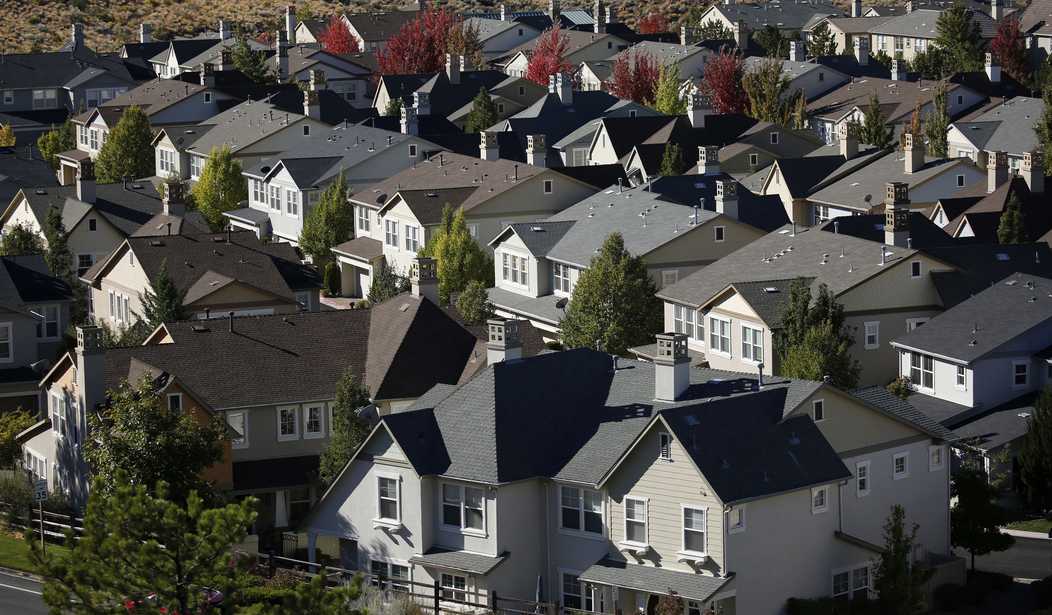South Carolina, we see, is leading the nation in an interesting statistic: Extra bedrooms standing empty. Why is that interesting? Because this may well present an opportunity for 1) homeowners to make a little extra cash, and 2) to provide some affordable, if somewhat minimal, housing.
How? Renting out those empty rooms.
A National Association of Realtors study found that nationwide, there are nearly 32 million excess bedrooms in people's homes. Areas with the highest percentages of them include the largest South Carolina cities: Charleston, Columbia, North Charleston and Mount Pleasant.
Christopher Bowen is among the South Carolina homeowners who have more bedrooms than they currently use. He's been on Facebook looking for a tenant — someone to rent a bedroom, but also to share common areas in his Moncks Corner house.
“It’s been a challenge," he said. “I’ve had a good number of people reach out, but they haven’t seemed to be good fits."
Back around 1980, a friend of mine who had fallen on hard times entered into just such an arrangement. He rented an upstairs bedroom in an elderly (but feisty) lady's house. He had the upstairs bathroom to himself, and he had one shelf in the fridge and use of the stove, as long as his landlady wasn't using it at the time. It helped him through a tough time and it gave her a little extra cash.
Some in South Carolina are trying that model out.
Bowen had rented a room in someone else's home for more than four years, so he knows it can work. But finding a tenant who will not only pay rent on time, but also get along with the home owner and not leave a mess in the kitchen, sets a higher bar than typical landlords have to clear.
Hans Van Heek also knows it can work. He's been renting out part of his James Island house for decades — initially to make ends meet when the greater Charleston area was reeling economically from the closure of the Charleston Naval Base in the 1990s.
“Now, I don’t need the money, but I never stopped doing it," he said. "And, personally I think it’s the right thing to do."
Note that Mr. Van Heek chose to do this. That's key. When some leftists start looking at how many homes have empty bedrooms, it's only a matter of time before they start demanding that homeowners open their homes to all and sundry. I mean, the left opened our borders to all and sundry, so why not? But properly handled - as in, keeping the government out of it - this could be one of the ways to deal with the affordable housing problem.
See Related: Want to Live the American Dream? You'll Need a Six-Figure Salary
Remnants of Bidenomics: January Home Sales Drop As Prices Skyrocket
Which brings up another idea: What ever happened to the concept of the boarding house? Think of it like a bed and breakfast - only it's a bed, breakfast, and dinner, on a longer term.
My mother used to describe the big boarding house for young women that some of her friends lived in in the mid-1940s in Independence, Iowa. There was another boarding house for men. In return for their rent, each border got access to a common bathroom, their own room with a bed, and two or three hot meals a day. It wasn't all that long ago that boarding houses were a common small business model. It's not at all a bad idea; it provides truly affordable housing, and meals into the bargain. These days one would probably want to engage in some kind of background check for prospective boarders, but that could be done.
Here in the United States, boarding houses have been almost completely eradicated, usually by zoning restrictions. But this could be one solution to the affordable housing problem.
Properly managed, this seems like a win-win. Affordable housing, healthier meals, and extra income for the management - sounds like a plan.













Join the conversation as a VIP Member